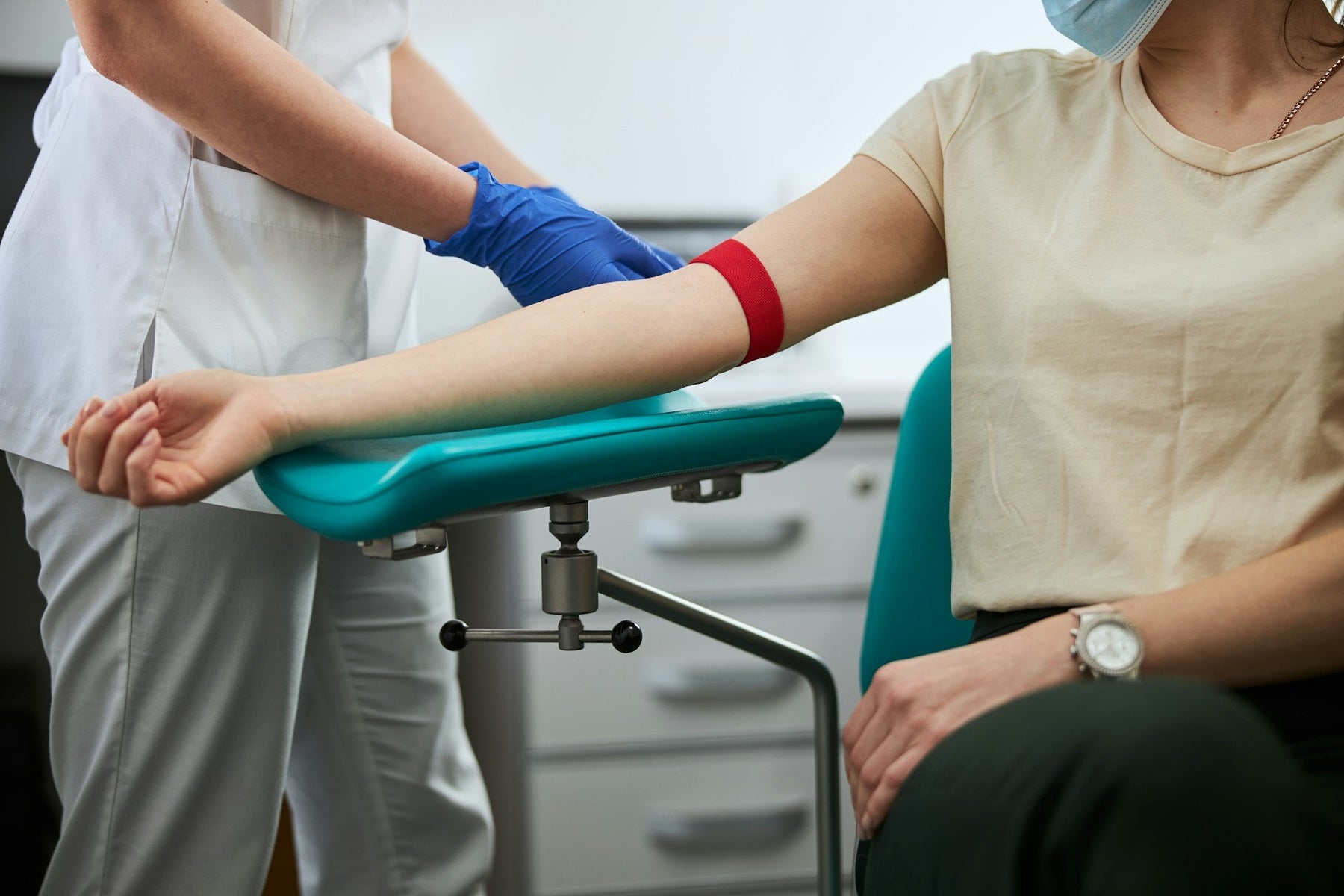
How to Deal with Anxiety About Medical Lab Tests
Medical lab tests are something most of us encounter at some point. Whether it's for routine health checks or diagnosing an issue, these tests play an important role in understanding and monitoring our well-being. But let's face it, knowing you have a lab test coming up can stir up all kinds of feelings. There's a mixture of anticipation and worry, which often centers around what those little samples of blood or other materials might reveal.
It's normal to feel anxious about the unknown. The thought of having to undergo a medical lab test can be daunting. However, these tests are valuable tools that help doctors and health professionals assess our health more accurately. It's like having a glimpse into what’s happening inside our bodies, paving the way for better health decisions and treatments. So, it's okay to feel some nerves—you’re certainly not alone. By understanding what drives our anxiety and finding ways to manage it, we can make the whole experience smoother.
Understanding Your Fears
Feeling anxious about medical lab tests isn't uncommon. There are several reasons why someone might feel uneasy. For many, it’s the anticipation of discomfort, like the prick of a needle. Others may worry about the results themselves, fearing what they might indicate about their health. These fears can be amplified by not knowing what to expect during the test or by previous unpleasant experiences.
Several misconceptions surround medical lab tests, which often worsen anxiety. Some people think these tests are always painful or that they should anticipate bad news. It's important to separate fact from fiction. Most lab tests are straightforward and don't require much time. Understanding these truths can help ease some of the stress.
Knowing what happens during a lab test can help you prepare and reduce anxiety. Being informed means you’re already taking steps to face your fears head-on. It's like preparing for a school test by knowing the syllabus. When you're informed, you replace the unknown with knowledge, making it less scary. Learn about what your specific test entails, and don't hesitate to ask your healthcare provider questions. This way, you'll feel more comfortable and less anxious about the process.
Preparation Tips to Reduce Anxiety
Getting ready for a lab test isn't just about physical prep; it's also about easing your mind. Here are some practical steps to help reduce anxiety before your test:
- Sleep Well: Make sure you get a good night's sleep the day before. Rest helps refresh your body and mind.
- Stay Hydrated: Drink plenty of water unless you're advised otherwise. Being well-hydrated can make the process smoother.
- Eat Smart: If your test allows eating beforehand, opt for a light, healthy meal.
Besides physical preparation, mental readiness plays a huge role. Visualization can help calm nerves. Picture yourself going through the test calmly and successfully. Mindfulness exercises, like deep breathing, can also ease tension.
Always remember, it's okay to ask questions. Talk to your healthcare provider about any concerns you have. Open communication builds trust and clarity. Approaching your appointment armed with information and without unknowns in your mind creates a more relaxed experience.
Handling Anxiety During the Test
Being anxious during a lab test can outweigh the stress of the waiting game. But there are some simple strategies to help you stay calm:
- Deep Breathing: Practice slow, deep breaths to steady your nerves.
- Distractions: Bring items like music or a book. Focusing on something other than the test can make time fly.
- Support System: If possible, bring a partner, friend, or family member to keep you company.
If something feels uncomfortable, never hesitate to tell the lab technician. Letting them know how you feel can lead to adjustments that make you more comfortable. Communication is key, and a responsive technician can become a big ally in navigating the procedure smoothly.
What to Do After the Test
Once the test is over, managing anxiety might seem challenging at first, especially while waiting for results. Here’s how to cope:
- Engage in Hobbies: Dive into activities you enjoy. Whether it's reading, gardening, or cooking, focusing your energy on something fun keeps your mind occupied.
- Connect with Others: Chat with friends or family about anything except the test. Conversations can provide a welcome distraction.
Understanding the follow-up process also helps ease worry. Expect a healthcare provider to reach out with your results. Knowing there’s a structured plan can boost your confidence and reduce stress.
Moving Forward with Confidence
Facing a lab test takes courage. It's important to acknowledge the positive steps you've taken in managing your health. Remember, each test is a proactive choice towards better health. Regular check-ups and tests allow you to take control of your well-being with confidence.
A positive outlook, combined with awareness of resources like counseling or online communities, can support continued progress. These tools offer valuable insights and encouragement for managing medical anxiety in the future.
Embrace a Calmer Lab Test Experience with RSC Health
Navigating anxiety over medical lab tests might feel tough, but by understanding your emotions and knowing how to prepare, you can make it through smoothly. Keep informed, reach out for support, and embrace a proactive approach to your health journey. With these strategies in place, you’re not just conquering fears. You’re cultivating a healthier, more empowered life.
Conquer your anxiety around medical lab tests with the help of RSC Health. By understanding the process and preparing mentally, you're taking vital steps towards mastering your health journey. Discover how DNA testing services can provide clarity and peace of mind, enhancing your confidence in managing your well-being. Embrace this knowledge to transform anxiety into empowerment today.
